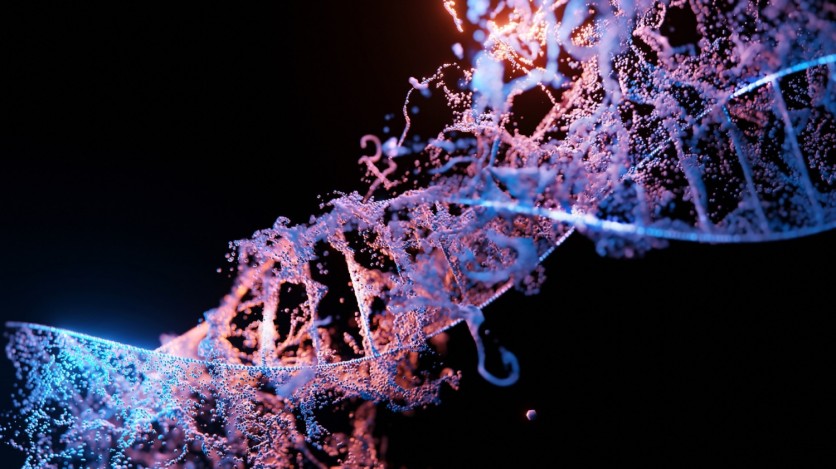The first trials for a new CRISPR-based gene therapy for the fatal disorder called hereditary angioedema have reportedly shown promising results. Showing improvements for 10 of its patients by reducing attacks of the disorder by 95%.
A research article published on Wednesday in The New England Journal of Medicine states that the phase 1 clinical trial demonstrated that one dose of the cure significantly reduced the number of angioedema bouts for a small group of patients from the UK, the Netherlands, and New Zealand, as reported by the Financial Times.
All patients, with the exception of one, have not experienced another episode for at least a year following that point, consequently, the person receiving the lowest dosage of the medication experienced a minor attack of the disorder, according to the research.

(Photo: Sangharsh Lohakare from Unsplash)
CyDENT is regarded to be the new gene-editing tool which is better than CRISPR, but what's the catch?
About one in 50,000 persons reportedly have the unusual condition known as hereditary angioedema or HAE. The genetic mutation that causes people to have leaky blood vessels is the cause of it. This results in unpredictable episodes of edema that usually affect the hands, feet, bowels, lips, and throat.
Attacks are found to occur once or twice a week and persist for many hours or several days. If the swelling affects the colon, people may become bedridden, and the disfiguring effect on the face may prevent people from leaving their homes. The most severe flare-ups impact the throat and have the potential to cause asphyxia and even death.
Read Also: New Split Gene-Editing Tool Promises to Reduce Unwanted Mutations That Cause Disease by Over 70%
Results Lauded By Experts
The results were reportedly lauded by experts, such as comments by Padmalal Gurugama, who worked on the new strategy at Cambridge University Hospitals in the UK, claiming it was a potential cure.
Principal investigator Hilary Longhurst, a clinical immunologist at Auckland City Hospital, also commended the study's findings, saying that it appears the single-dose medication will permanently alleviate the severely incapacitating symptoms experienced by hereditary angioedema patients.
There is also a great deal of room for the growth of comparable therapies for other genetic illnesses, says Longhurst.
Life-Changing CRISPR Treatment
Aside from the experts, patients who took part in the trial also praised the gene-editing treatment, such as Cleveland, a 54-year-old Suffolk resident who participated in the experiment, claiming they had not experienced an attack in the 18 months since having the therapy. The patient reports that both his physical and mental health have improved.
New Zealand nurse Judy Knox, who also participated in the research, compared the therapy to "magic," as she experienced terrible discomfort that persisted for days along with vomiting and swelling in her abdomen prior to her diagnosis. Her mouth swelled dangerously, almost suffocating her after dental work. Knox claims that the CRISPR-based therapy transformed her life.
Looking forward, there are reportedly bigger trials underway. In a phase-two trial, physicians have seen 25 more patients, and they plan to enroll in a final phase-three trial early in the following year. The therapy is not anticipated to become widely accessible anytime soon, despite the striking outcomes.
Related Article: UK Becomes First Country to Approve Gene Editing for Medical Treatment: CRISPR

(Photo: Tech Times)
ⓒ 2026 TECHTIMES.com All rights reserved. Do not reproduce without permission.




